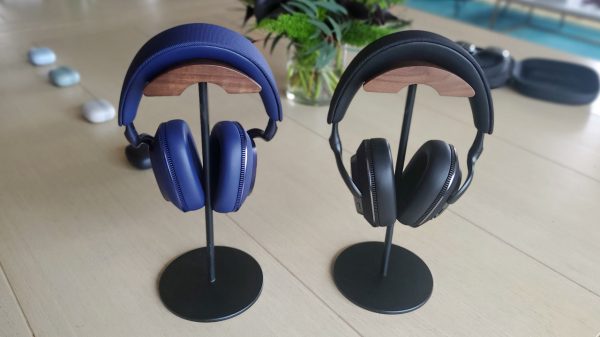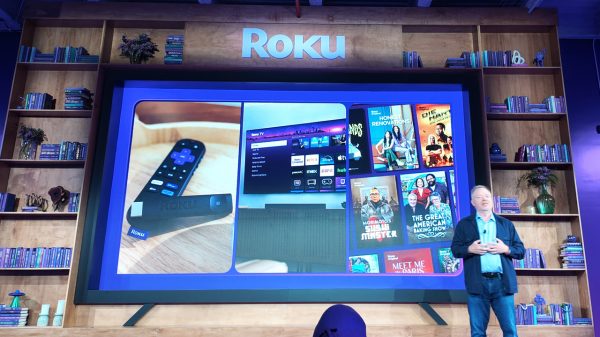When it comes to computing, there are problems that are more basic than others. Probably at the bottom are hardware problems; all hardware obviously has to be connected and operational for the computer to function. Next would be the operating system, which needs to be in place for any work to be performed on the computer. Once these things are in place, the next thing that must be addressed for optimum performance to occur is the tackling of the fragmentation disease, because file fragmentation–the breaking of files into pieces (fragments) to better utilize hard drive space–is going to affect every computer operation from there on out.
Fragmentation begins to be a problem right from the loading of applications, and continues to drastically worsen as work is performed and files are saved, modified and deleted. All functions are affected. A common example is something one might think wouldn’t be affected by fragmentation: web browsing.
Because web sites are not resident on the computer that’s being used for the browsing, it may seem that fragmentation wouldn’t affect web browsing at all. But the truth of the matter is that any web page accessed–including all graphics, text and design elements, and portions of streaming video and audio–are temporarily downloaded onto the computer being used for browsing. The worse the fragmentation, the more the free space on the hard drive is broken up, which means that all files temporarily saved as part of web browsing are saved in a fragmented fashion. Those files are immediately accessed so that the web page can be viewed, and if they have been saved in a fragmented state, access will take longer. The worse the fragmentation, the longer it will take. If a web page is revisited later, those same files will be retrieved from the hard drive to make access quicker. But again, if the fragmentation disease has run rampant, that access will be considerably slowed down.
The common solution to fragmentation over the years has been scheduled defragmentation–a defragmenter will run periodically, when scheduled, to clean up fragmentation on the drive. The problem with scheduled defragmentation is that in between scheduled runs, fragmentation continues to build and continues to impact performance. And with a function such as web browsing, fragmentation is always occurring as temporary files are saved and overwritten–hence scheduled defragmentation is only making a difference just after it runs. The rest of the time, web browsing runs slower in direct ratio to the fragmentation that is happening.
The best defragmentation solution for web browsing–or any of today’s applications for that matter–is a completely automatic solution, one that defragments invisibly, in the background, whenever otherwise idle system resources are available. Performance is consistently maximized and fragmentation is never a problem again, and operations such as web browsing are always smooth and fast.























